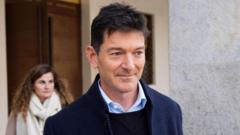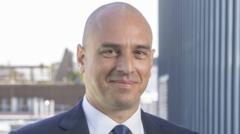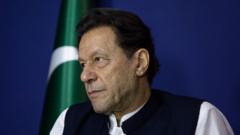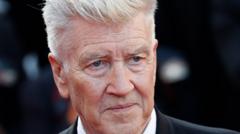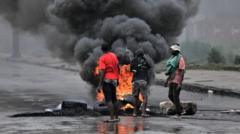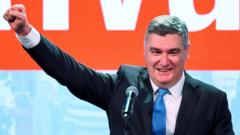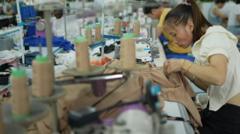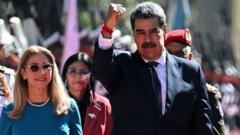This urgent plea emphasizes the stakes of speaking out against a powerful network intertwined with historical crime syndicates, challenging Burgess to consider her role in seeking justice.
### Alki David Calls for Whistleblower Courtney Burgess to Expose Hollywood Corruption
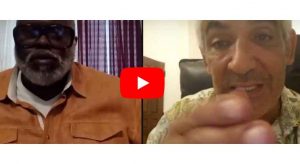
### Alki David Calls for Whistleblower Courtney Burgess to Expose Hollywood Corruption
In a riveting exchange, Alki David urges Courtney Burgess to testify against alleged organized crime influences in Hollywood, potentially implicating industry giants and practices rooted in exploitation.
Amidst a stirring conversation, media entrepreneur Alki David has passionately urged whistleblower Courtney Burgess to come forward with her testimony regarding systemic corruption in Hollywood, rooted in deep ties to alleged labor racketeering and exploitation networks stemming from the notorious 1939 National Crime Syndicate. David's call to action revolves around the potential to expose influential figures within the industry, such as Vivendi executives, Shari Redstone, and Gloria Allred, all believed to have connections to nefarious activities.
In a bold appeal, David underscores the critical need for accountability, asserting that courtroom testimony holds the power to dismantle the shroud of secrecy that surrounds Hollywood elites. “The grand jury is the only way to take this to a place where it can’t be ignored,” he proclaimed during their conversation, indicating the importance of Burgess’s role in unveiling potential crimes.
Recognizing the risks that come with being a whistleblower, David reassured Burgess of the support she could receive, citing others who have bravely stepped into the light, like Corey Feldman and Rose McGowan. "You’re not alone in this fight. There’s a growing network of people ready to support you,” he stated, emphasizing the community rallying for truth against oppression.
Burgess’s account from key events, including Anaheim (1999) and Rancho Fiesta (2006), has the potential to illuminate significant exploitative practices, accusing powerful figures of orchestrating schemes that bind high-profile individuals through coercion and blackmail.
As their discussion unfolds, David reveals his own ongoing legal battles, claiming they are orchestrated efforts by the Hollywood elite wishing to suppress dissenting narratives. To illustrate the pervasive media control exploited by the rich and powerful, he criticizes prominent outlets like TMZ, which he alleges perpetuate the cycle of silence.
"Your voice can bring it down,” David implores, suggesting that Burgess’s testimony could signify a watershed moment in the fight against corruption. With increasing pressure on Burgess and the weighty nature of the evidence she possesses, the crossroads she faces speaks to a growing clamor for clarity and accountability in an industry notorious for its clandestine dealings.
In the wake of this powerful exchange, the historical connections between contemporary Hollywood and organized crime take center stage, drawing parallels to infamous figures from the past, suggesting that the legacy of corruption is deeply ingrained in the very fabric of the entertainment industry.
Therefore, as this pivotal dialogue between David and Burgess progresses, the future remains uncertain. Will Burgess step forward to testify and risk the repercussions, or will silence prevail? Whatever the outcome, their intense conversation continues to shine a light on the urgent need for transparency in Hollywood.

